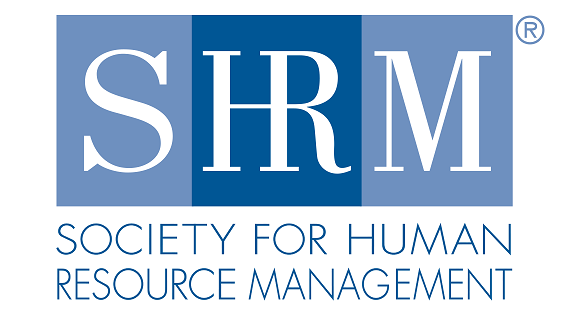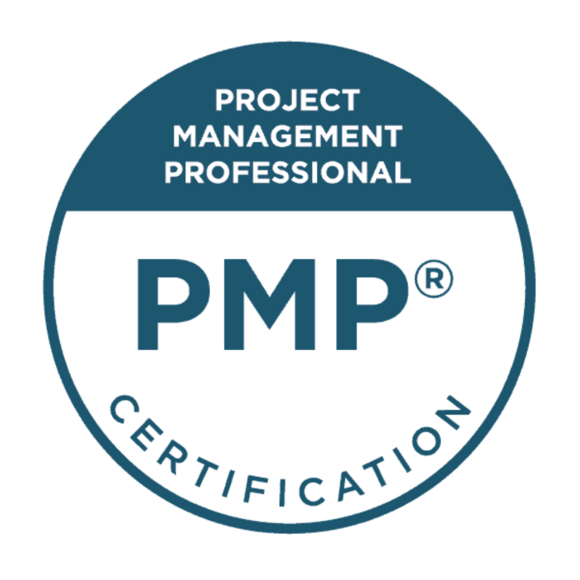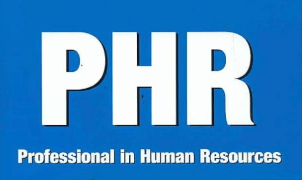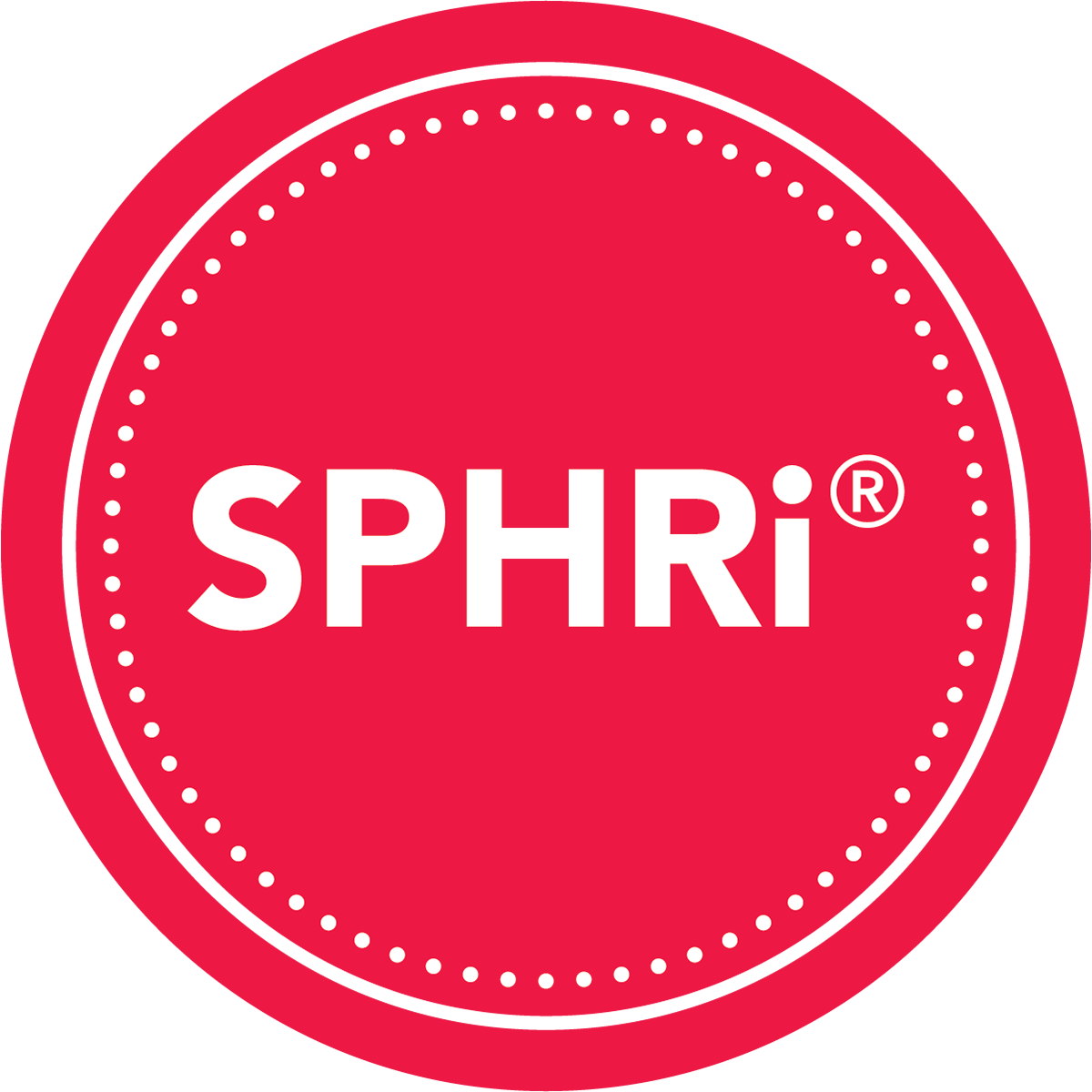When using the empiricalrational strategy to initiate change - SHRM-CP Prep
Question
When using the empirical-rational strategy to initiate change, what is the best way to accomplish the change successfully?
Answers
-
-
correct
-
-
Explanation
Correct Answer: B. Educate employees with new information on the change. The empirical-rational strategy for change management is based on the assumption that people are rational and will adopt a change if they are convinced it is in their best interest. The most effective way to accomplish this is by providing employees with relevant, accurate, and persuasive information about the change. Education helps employees understand why the change is necessary, what benefits it offers, and how it will improve processes or outcomes. Structurally, this strategy relies on knowledge as the driver of change rather than authority or coercion. Functionally, it assumes that once employees are informed and see the logical benefits, they will willingly support the initiative. By focusing on education, HR and leadership address potential resistance through facts and reasoning, ensuring that employees are more likely to embrace the change because they understand its value rather than feeling pressured into compliance.
Why Other Options are Incorrect:
-
A. Provide an employee lunch when communicating the change. While offering lunch may make the communication more pleasant, it does not address the key principle of the empirical-rational strategy, which is education and rational persuasion. A free lunch may improve morale temporarily but does not ensure employees understand or accept the change.
-
C. Incentivize the change to relay the benefit employees will experience. Incentives represent the normative-reeducative or power-coercive strategies rather than empirical-rational. This approach relies on rewards to drive compliance, not rational persuasion through education. While incentives may encourage participation, they don’t guarantee employees fully grasp the reasons for change, which is the cornerstone of the empirical-rational method.
-
D. Have the leader of the organization communicate the change. Leadership communication is important but is more aligned with the power-coercive strategy, where authority drives acceptance. In the empirical-rational approach, the focus is not who delivers the message but whether employees receive enough clear, factual, and persuasive information to logically accept the change on their own.
No Payment Cards Needed






